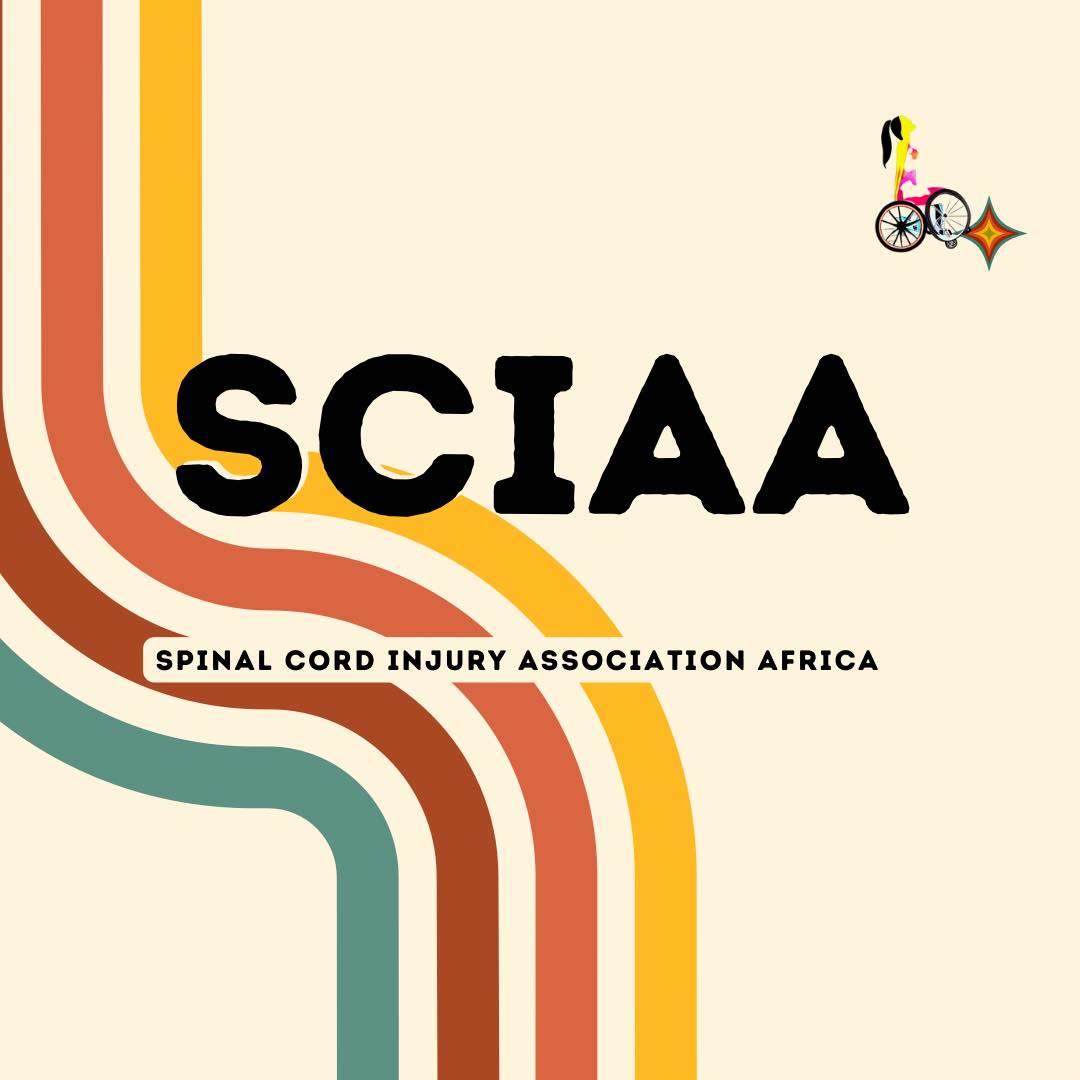
I never had any concerns with my blood pressure till after my injury,and because spinal cord injury affects the communication between the brain and body many of the body parts may not too function properly .
Low blood pressure is when your blood pressure is lower than normal, which means your blood flow is reduced and your organs may not get enough oxygen. My first experience with low blood pressure was when i had a fever and couldn’t eat , when i got to the hospital my blood pressure was checked and was told it was very low .i remember i was very drowsy even when i layed down so the doctor asked if i had low blood pressure and i said no, so he asked if i had eaten anything and i said i hadn’t eaten, so he stated it could be the reason my blood pressure was low . Well that wasn’t the only time i had a low blood pressure .
Here are some causes of Low Blood Pressure For People Living With SCI
The most common type of low blood pressure after SCI is orthostatic hypotension, which is when your blood pressure drops when you change positions, such as sitting or standing up. Another type is neurogenic shock, which is a life-threatening condition that occurs soon after a severe SCI and causes very low blood pressure and slow heart rate.
Reduced physical activity and mobility due to paralysis or limited movement can also contribute to low blood pressure. Lack of movement affects blood circulation and the body’s ability to regulate blood pressure.
in some cases, autonomic dysreflexia, a condition common in individuals with high-level spinal cord injuries, can trigger sudden and severe increases in blood pressure followed by a rapid drop, leading to hypotension.
Low blood pressure can impact the live of anyone living with SCI if not managed appropriately .Since i started to take selfcare importantly ive not had any problems with low blood pressure .
Here are some ways i manage and increase my blood pressure
Taking time getting /sitting
If you get up and suddenly start to feel disoriented, sit or lay down again until the dizziness goes away. You likely sat or stood up too fast.The easiest way to avoid dizziness caused by low blood pressure after spinal cord injury is to take your time getting up from the bed . Also, make sure that you’re holding onto a steady surface to avoid falling.
Another effective way to prevent drops in blood pressure after spinal cord injury is to drink enough water.Dehydration can lower fluid volume in the body and result in unstable blood pressure.There is a study found that drinking water can cause your blood vessels to constrict and help increase blood pressure.
Increasing your sodium intake will help elevate blood pressure. However, consuming too much sodium can be harmful (even for those with low blood pressure) so try to find a good balance.Some ideal snacks to help combat low blood pressure include salted grroundnuts, cheeses, and olives.
Taking medications ,People living with Spinal cord injury might also find it helpful to take medications to increase blood pressure.Doctors may prescribe medications called vasopressors that cause your blood vessels to constrict and promote circulation.Keep in mind that medications only provide temporary relief and may not be ideal for long-term use.
Regular exercise is essential for promoting efficient blood flow.Due to paralysis, many people living with spinal cord injury tend not to move enough to counteract blood pooling. Exercise doesn’t have to be intense to be effective. Any sort of movement will help improve circulation, so try to perform some movement every couple of hours or daily. Especially before standing up, people with orthostatic hypotension[Low blood pressure ] may benefit from performing mild sitting exercises to stimulate blood flow.Do you have blood pressure?How do you manage it?
